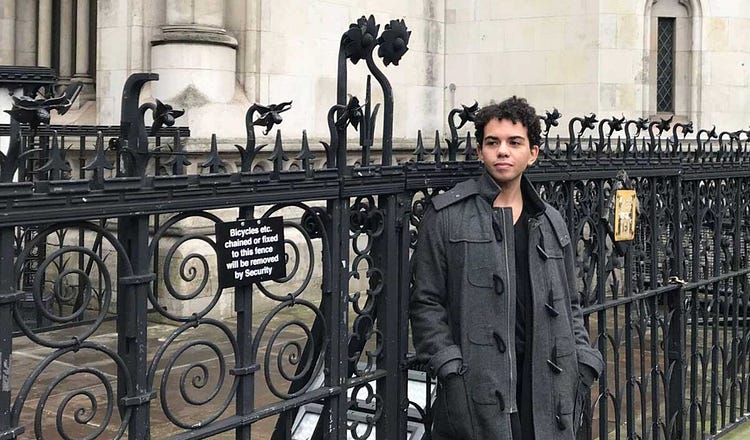The UK Mistreated Kids with Gender Dysphoria for Years

Keira Bell detransitioned after being put on puberty blockers by the NHS, aged 16. (Photo by PA Images/Alamy Stock Photo)
A damning new report reveals how a national health service failed to care for deeply distressed children.
219
A long-awaited report out this week found that medical professionals in the UK who advocate for gender transition in children are misguided ideologues.
Written by British pediatrician Dr. Hilary Cass, The Cass Review, which is nearly 400 pages and took more than four years to compile, comes to the following conclusions:
Thousands of vulnerable young peopl…
Continue Reading The Free Press
To support our journalism, and unlock all of our investigative stories and provocative commentary about the world as it actually is, subscribe below.
$8.33/month
Billed as $100 yearly
$10/month
Billed as $10 monthly
Already have an account?
Sign In

